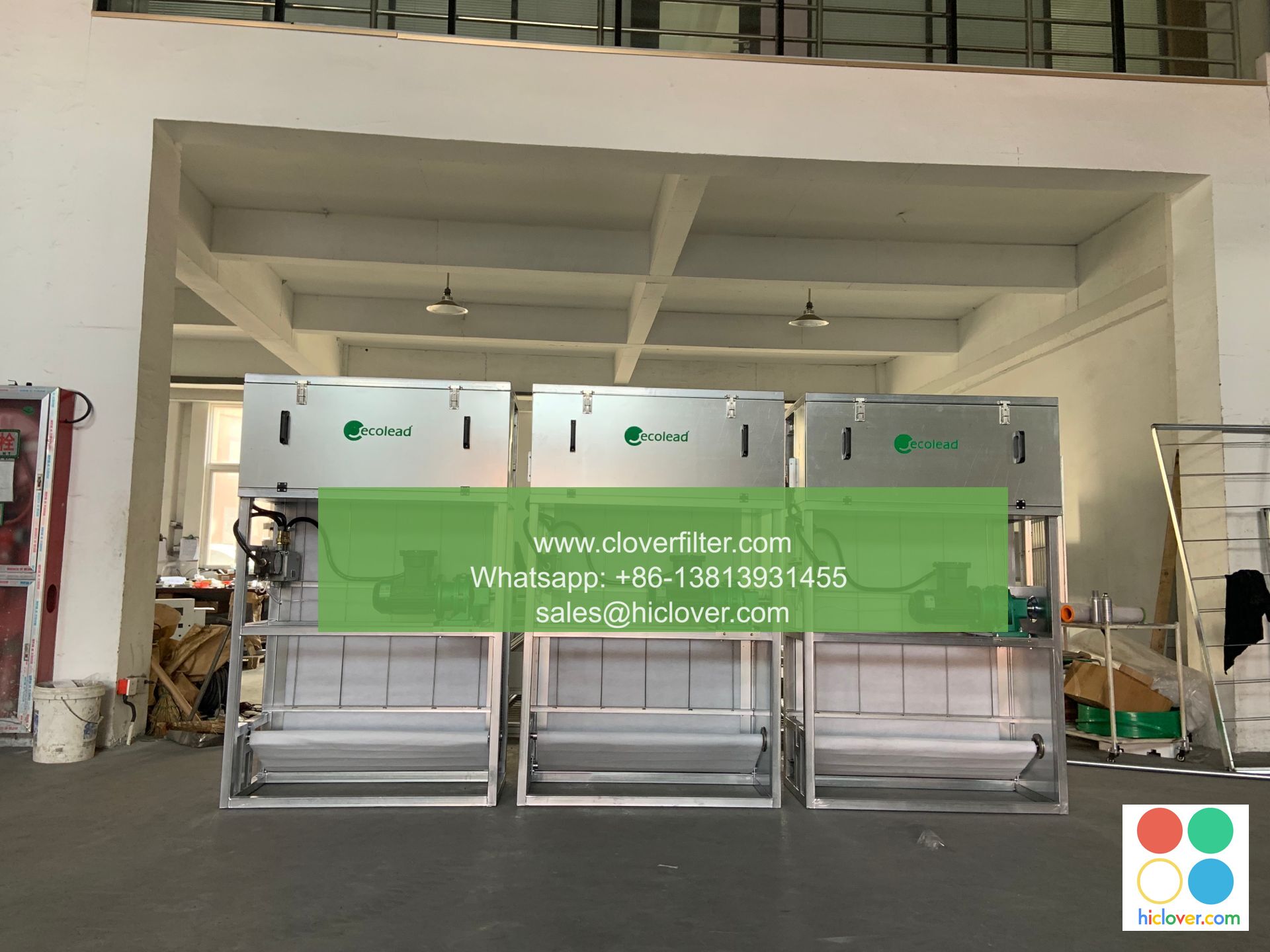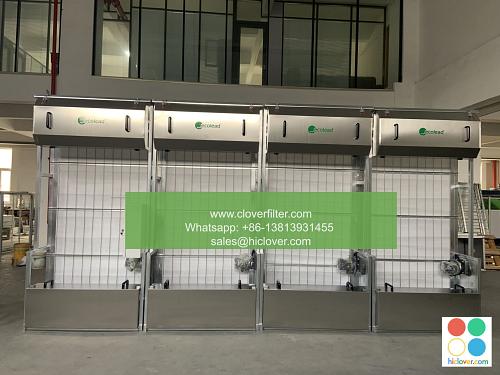The Rise of Smart Air Filters: Enhancing Performance and Efficiency

The air purification industry has witnessed a significant transformation with the introduction of smart air filters, which have revolutionized the way we breathe and live. These cutting-edge filters are designed to provide superior performance, energy efficiency, and convenience, making them an essential component of modern indoor air quality (IAQ) systems. In this article, we will delve into the world of smart air filters, exploring their advanced features, key benefits, and various application areas.
Advanced Features of Smart Air Filters
Smart air filters are equipped with state-of-the-art technologies, including sensors, artificial intelligence (AI), and Internet of Things (IoT) connectivity. These features enable real-time monitoring and control of indoor air quality, allowing for optimal performance and energy efficiency. Some of the key features of smart air filters include:
* Advanced filtration systems, such as High Efficiency Particulate Air (HEPA) and Ultra-Low Penetration Air (ULPA) filters, which capture 99.97% of particles as small as 0.3 microns
* Smart sensors that detect and monitor indoor air pollutants, such as particulate matter (PM), volatile organic compounds (VOCs), and nitrogen dioxide (NO2)
* AI-powered algorithms that optimize filter performance, predict maintenance needs, and provide personalized recommendations for improved IAQ
* IoT connectivity that enables remote monitoring and control of air filters, allowing users to access real-time data and receive notifications on their smartphones or tablets
Key Benefits of Smart Air Filters
The integration of smart air filters into IAQ systems offers numerous benefits, including:
* Improved indoor air quality, which can help alleviate respiratory problems, such as asthma and allergies
* Energy efficiency, resulting in reduced energy consumption and lower utility bills
* Increased convenience, with automated maintenance reminders and remote monitoring capabilities
* Enhanced performance, with optimal filter operation and extended filter life
* Cost savings, resulting from reduced filter replacement costs and extended equipment lifespan
Various Application Areas of Smart Air Filters
Smart air filters have a wide range of applications across various industries, including:
* Residential buildings, where they can improve IAQ and create a healthier living environment
* Commercial buildings, such as offices, schools, and hospitals, where they can enhance occupant health and productivity
* Industrial settings, where they can protect equipment and personnel from airborne contaminants
* Transportation systems, such as cars, buses, and trains, where they can provide clean air for passengers and drivers
* Healthcare facilities, where they can help prevent the spread of airborne pathogens and improve patient outcomes
Conclusion
The rise of smart air filters has revolutionized the air purification industry, offering unparalleled performance, efficiency, and convenience. With their advanced features, key benefits, and various application areas, smart air filters are poised to become an essential component of modern IAQ systems. As the demand for clean air and healthy environments continues to grow, the adoption of smart air filters is expected to increase, driving innovation and growth in the industry. Whether you’re a homeowner, building manager, or industry professional, smart air filters are an investment worth considering for a healthier, more sustainable, and more productive future. It seems like you forgot to include the actual prompt. Please provide the question or topic you’d like to discuss, and I’ll respond accordingly.

